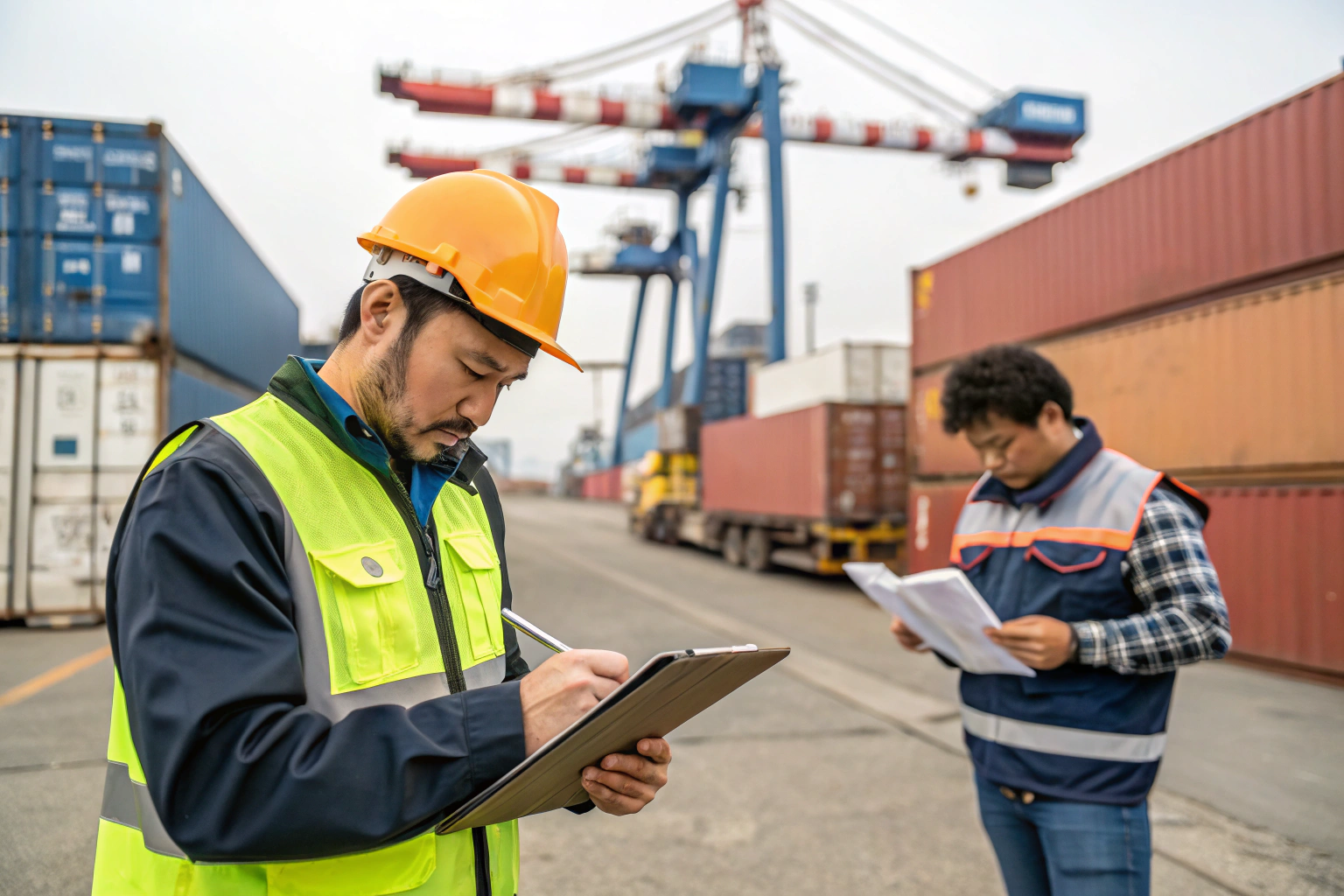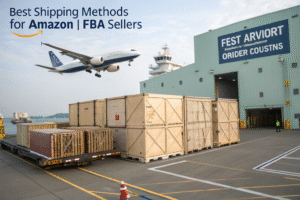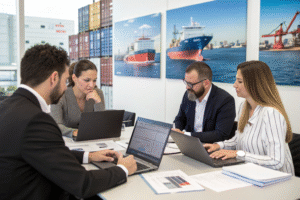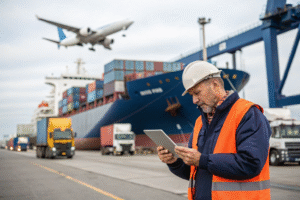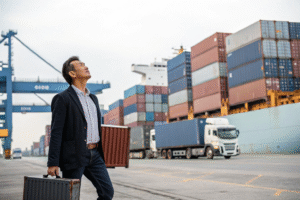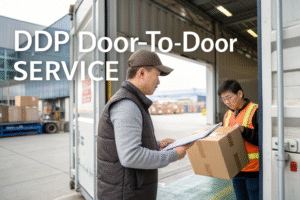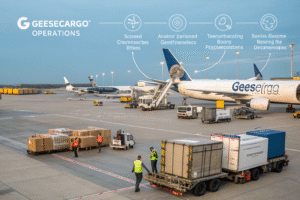Ron, a U.S.-based importer of accessories from China, once received a container with water-damaged cartons during peak season. Panic kicked in. His first question wasn’t just “Why did this happen?”—it was “Who’s going to fix it?” The answer? His freight forwarder.
Freight forwarders handle freight claims by documenting damage, coordinating with insurers and carriers, filing paperwork, and negotiating resolution—acting as the client's primary advocate during the process. At GeeseCargo, we turn claims into solutions, not slowdowns.
In this guide, we’ll show how we handle freight claims at every step and how we protect your cargo and peace of mind when the unexpected happens.
What Triggers a Freight Claim and Who Files It?
Shipping goods across oceans, skies, and borders is inherently risky. Even the best packaging and planning can't prevent every incident. When things go wrong, time is critical—and so is knowing what to do next.
A freight claim is triggered when goods are lost, damaged, or delayed beyond agreed delivery terms. The claimant—typically the consignee or their agent—files a formal request for compensation.
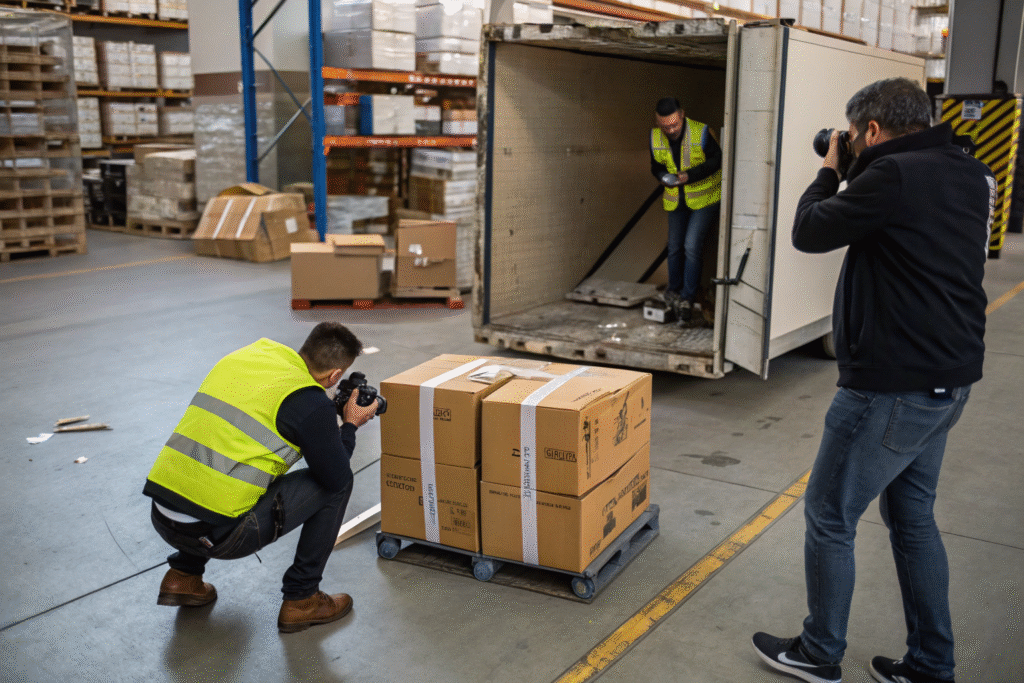
What Are the Most Common Causes of Claims?
Freight claims typically stem from:
- Physical damage (impact, compression, moisture)
- Loss or theft in transit
- Delay or demurrage affecting inventory timelines
- Wrong goods delivered or quantity shortages
At GeeseCargo, we help clients like Ron file claims immediately upon cargo receipt, especially when damage is visible during unloading. We use guidelines from FIATA and carrier-specific rules to validate cause and eligibility.
Who Has the Legal Right to File the Claim?
The claimant is usually the consignee, but if GeeseCargo operates under DDP Incoterms, we file on behalf of our client. In some cases, the shipper or freight forwarder can also act as claimant if the shipping terms or insurance policy allow.
We help identify the right party, especially if multiple stakeholders are involved (e.g., Amazon FBA buyers, 3PLs, factories). Our legal team consults CMR and Hague-Visby rules when necessary.
How Is Damage or Loss Verified and Documented?
Time is of the essence. The faster the claim is documented, the stronger the case. As soon as cargo is received, our team or client must begin evidence collection.
We verify damage through immediate inspection, photo documentation, delivery receipt notes, and third-party surveys if required—forming the claim package.

What Evidence Is Needed for a Valid Claim?
We guide clients to collect:
- Photos or videos of damaged goods
- Packing lists showing expected vs received quantity
- Signed delivery notes with remarks
- Commercial invoice with declared value
- Surveyor reports, if carrier requires
For Ron’s shipment, we arranged a third-party inspector from SGS to verify water ingress inside the container. The report served as critical proof to claim against the ocean carrier.
What Happens If Damage Is Not Immediately Detected?
Most claims require notification within:
- 7 days for air freight (per IATA rules and Warsaw Convention)
- 3–14 days for sea freight (based on carrier)
- 15–30 days for insured shipments
We advise clients to always open cartons upon delivery and contact us immediately if anything looks suspicious. If not, rights may be lost under standard liability terms.
How Does the Claim Filing Process Work?
Once evidence is collected, we initiate the claim process with either the carrier or cargo insurer, depending on the liability structure. Our operations team takes over from there.
The claim is filed digitally or via email, depending on the carrier, and tracked with a case ID. We manage follow-ups and negotiate resolution, often within 2–6 weeks depending on the carrier response.
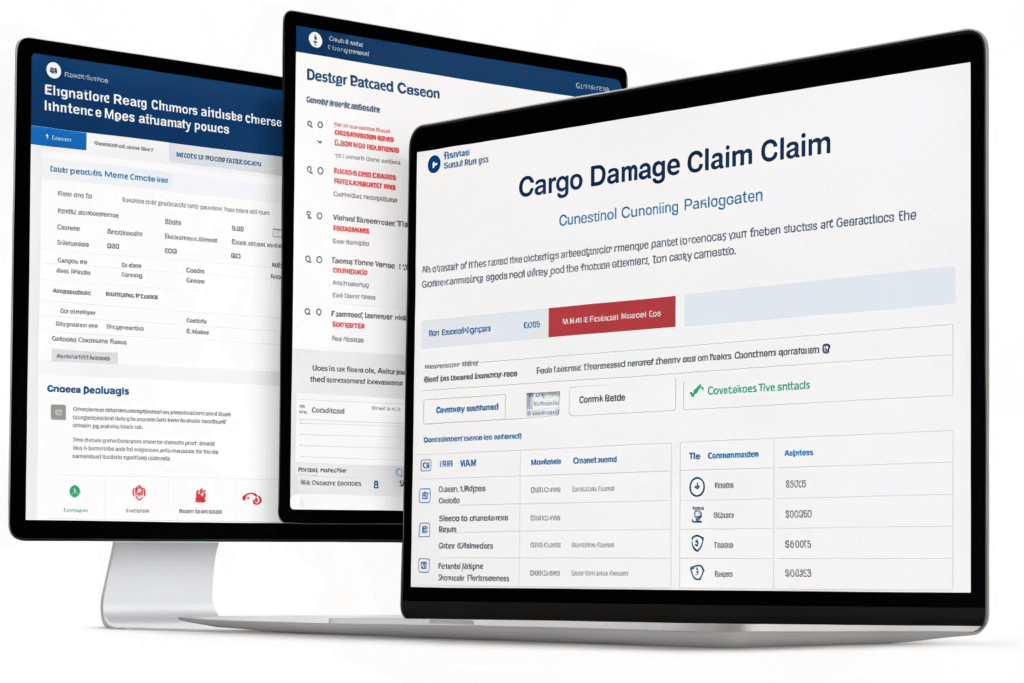
Who Pays the Claim—Carrier or Insurance?
It depends:
- Carrier pays if negligence is proven (e.g., improper handling, misrouting)
- Insurance pays under all-risk coverage, regardless of carrier fault
- Neither pays if terms like “Shipper’s Risk” apply or if packaging fault is proven
We use platforms like TT Club or underwriters like Lloyd’s for claim submission. For air freight, we refer to Air Waybill (AWB) liability terms, which often cap payout per kilogram unless insured separately.
What Makes a Claim Likely to Be Approved?
Successful claims are:
- Timely (within notification window)
- Well-documented
- Supported by legal terms (Incoterms, carrier T&Cs)
- Managed proactively
At GeeseCargo, we maintain internal SOPs and legal templates to ensure our claims meet legal thresholds. In Ron’s case, our fast action recovered 80% of cargo value within four weeks.
How Do Freight Forwarders Protect Clients from Future Claims?
Preventing damage is always better than fighting over reimbursement. That’s why we don’t just react—we educate and protect.
We help clients minimize future claims through pre-shipment risk audits, packaging consultations, cargo insurance, and careful mode selection.
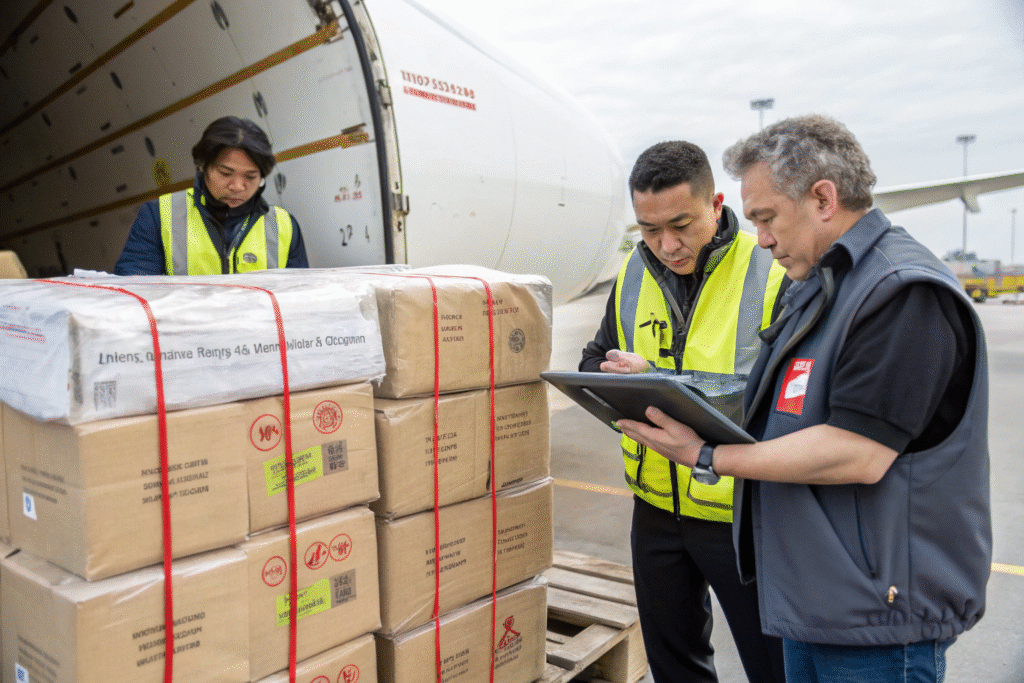
Do We Offer Packing and Insurance Advice?
Yes. Before any high-value or fragile shipment, we:
- Inspect packaging at factory
- Recommend waterproof liners, corner protectors, anti-shock foam
- Provide access to all-risk insurance quotes
For Ron’s shipments, we started using humidity indicator cards and container liners after a second moisture-related incident. Since then, zero water claims.
Can We Help Clients Navigate Incoterms and Liability?
Absolutely. Many clients don’t realize that FOB vs DDP vs EXW terms can radically shift who bears the risk. We explain:
- When liability transfers
- What coverage applies at which point
- Which terms expose the buyer
We also advise clients on CIF vs DDP when choosing shipping options—helping them make cost-effective but protected decisions.
Conclusion
Freight claims can be frustrating, time-consuming, and financially painful—but they don’t have to be. With the right freight forwarder, the process becomes manageable, fair, and even educational.
At GeeseCargo, we combine speed, documentation expertise, and industry relationships to ensure our clients like Ron get compensated quickly and completely. More importantly, we help them reduce future claim risks through smarter logistics planning.
If you're shipping internationally and want your cargo—and your profits—protected, we’ve got your back, from pickup to payout.
